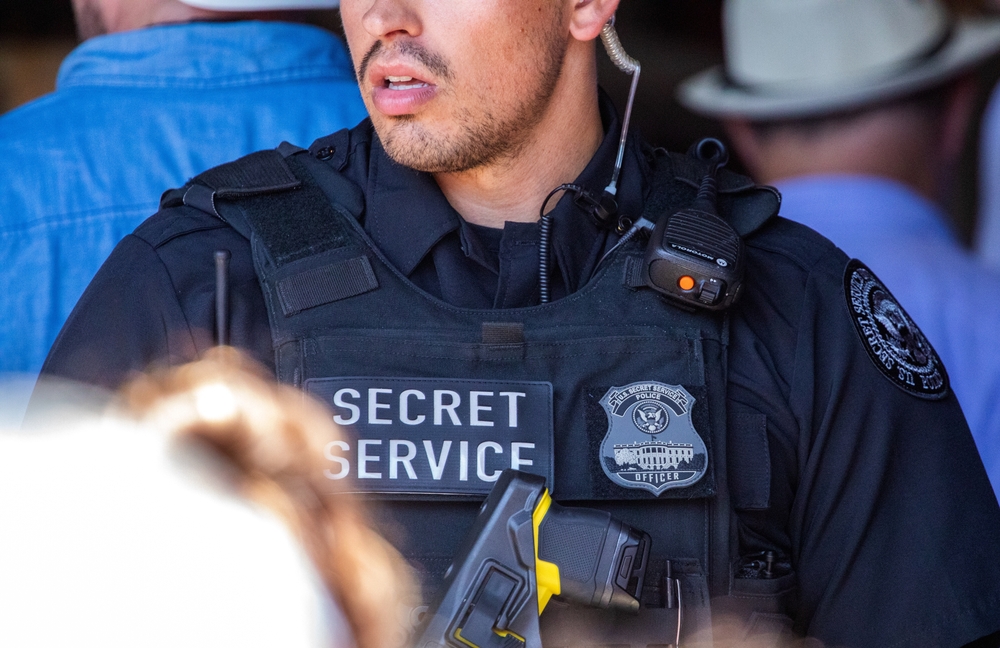
By Steve Neavling
ticklethewire.com
The Justice Department urged a federal judge Tuesday to dismiss a lawsuit filed by current and former FBI recruits who allege the academy is a “good-old-boy network” that exposes women to a hostile work environment, inappropriate jokes and sexual advances beginning in 2015.
DOJ lawyers argued the class-action lawsuit is inappropriate because each defendant leveled separate and distinct allegations against different instructors without specifying a specific FBI policy that led to the alleged harassment, The Washington Times reports.
Rather, the lawyers said, each of the 16 women should file individual lawsuits.
“Here, plaintiffs have simply failed to allege the required ‘glue’ holding their allegations of disparate treatment together,” the department wrote.
The suit, filed last year, claims some of the women were discriminated against based on their race or disabilities. One African American trainee alleges an instructor called her “spaghetti head” because of her braids.
The lawsuit zeroed in on the mock town known as Hogan’s Alley, where trainees learn about tactical training with fake criminals and terrorists. This phase of training resulted in many women being kicked out of the academy.
At the time of the suit, seven of the 16 women still worked for the FBI.
The women are asking for more female training instructors, an examination of the training evaluation process and $300,000 each for emotional stress.
“The instructors and fellow trainees who are alleged to have discriminated, as well as the timing and the factual nature of the alleged discrimination, are entirely different in the administrative complaints and allegations of” the two plaintiffs, DOJ lawyers wrote.
“Accordingly, to resolve these two separate administrative complaints, the FBI necessarily would have conducted two completely separate investigations which would have involved gathering distinct documents and interviewing different witnesses.”





